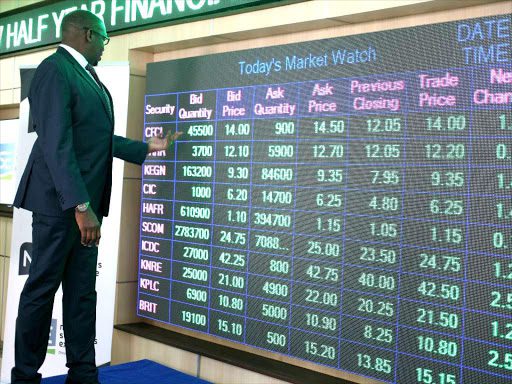Executive summary
The economies of African countries, like those of countries in other global regions, are heavily reliant on natural resources. Nature loss and degradation pose signifi-cant risks for economic development and well-being. Investments to protect and restore natural environments can help safeguard African and other global regions from risks associated with environmental degradation and unlock new economic opportunities.
A national nature strategy can facilitate countries’ efforts to navigate an increasing-ly complicated normative landscape characterized by numerous compliance obli-gations and commitments, including those stemming from the Kunming-Montre-al Global Biodiversity Framework, national biodiversity strategies and action plans, and countries’ nationally determined contributions. National nature strategies can help countries respond to nature-related risks and opportunities, align policies with international, regional and market priorities, and make implementation and reporting more efficient. National nature strategies can also help countries im-prove climate-related outcomes at the many points where nature interacts with the climate.
In this report, the authors present a framework that can facilitate efforts by Afri-can and other countries to draw up and implement national nature strategies. The framework provides start-to-finish guidance and covers the implementation of nature assessments, the establishment of a national vision and related targets, the development of a strategy to deliver on those targets, strategy implementation, the exploitation of nature-related opportunities, the management of nature-relat-ed risks, and compliance with international obligations, such as those stemming from the Kunming Montreal Global Biodiversity Framework and from national bio-diversity strategies and action plans. The strategy was developed in collaboration with a wide range of stakeholders, including policymakers, nature experts and representatives of non-governmental and multilateral organizations.
The framework comprises four components, namely: (I) Baseline and ambition: rea-sons for a national nature strategy and outcomes to aim for; (II) Initiatives: actions to take in order to achieve the aforementioned outcomes; (III) Instruments: incentiviz-ing action to achieve desired outcomes; and (IV) Governance and implementation: planning and implementing the strategy and assigning responsibilities.









